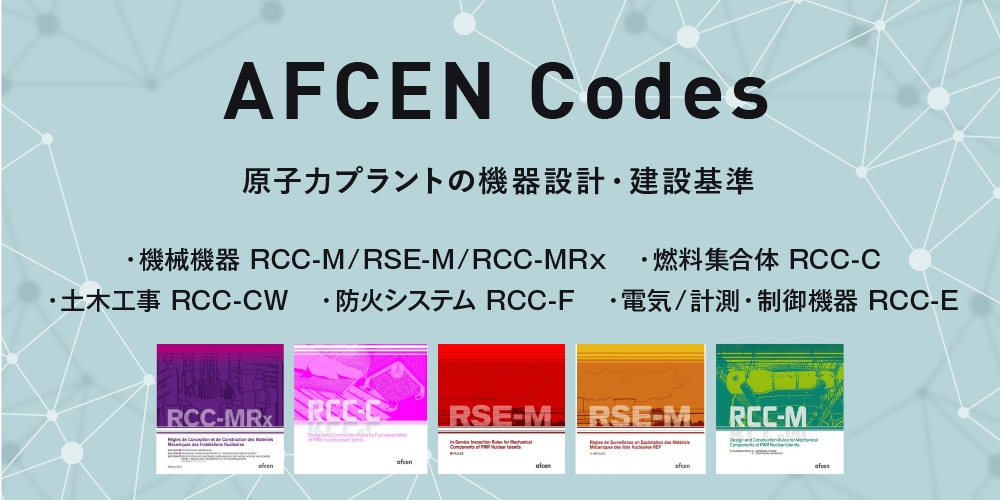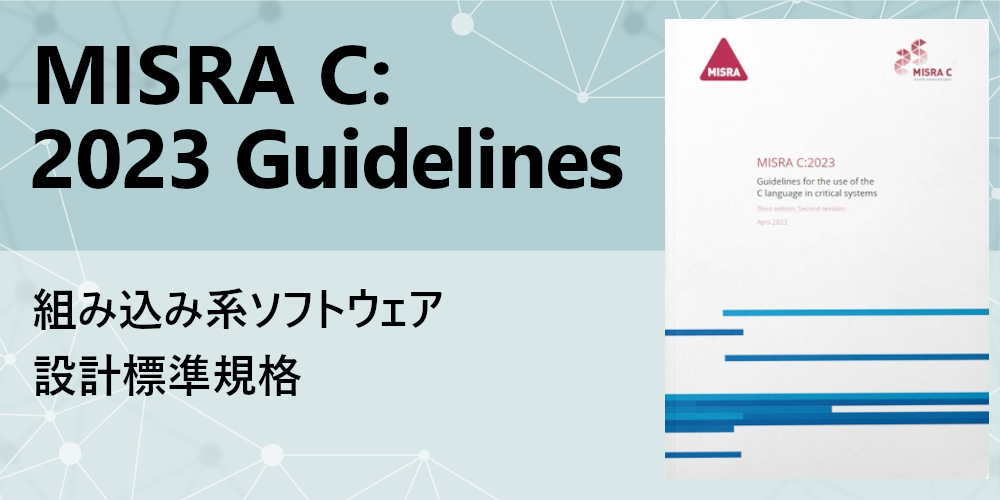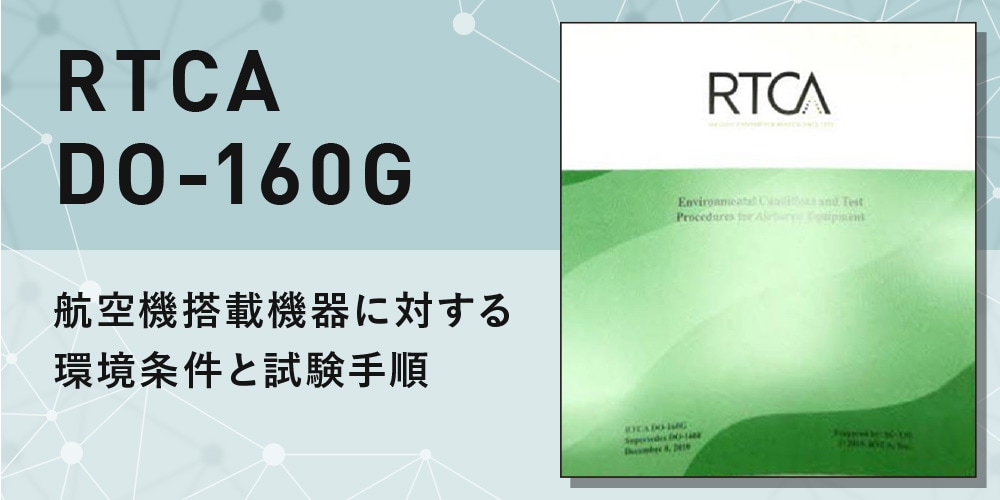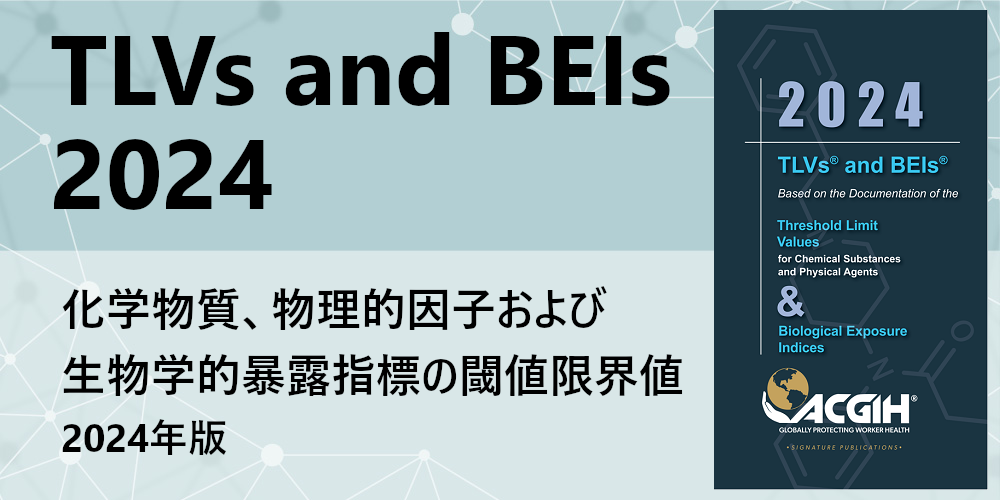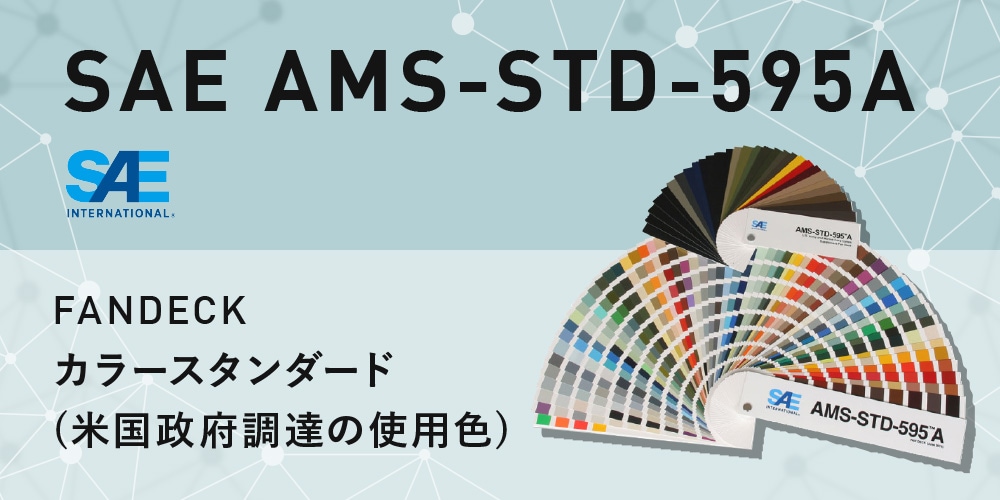Methods and Techniques in Deep Learning: Advancements in mmWave Radar Solutions, 深層学習の手法と技術: ミリ波レーダー ソリューションの進歩, 9781119910657, 978-1-119-91065-7,「次世代装備」
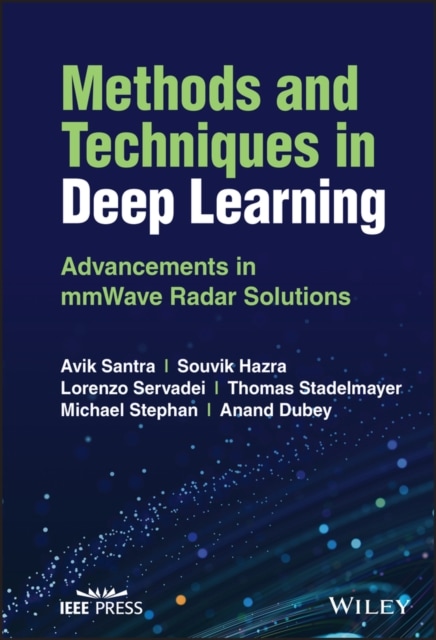
Description
Methods and Techniques in Deep Learning: Advancements in mmWave Radar Solutions provides a timely and authoritative overview of the use of artificial intelligence (AI)-based processing for various mmWave radar applications. Focusing on practical deep learning techniques, this comprehensive volume explains the fundamentals of deep learning, reviews cutting-edge deep metric learning techniques, describes different typologies of reinforcement learning (RL) algorithms, highlights how domain adaptation (DA) can be used for improving the performance of machine learning (ML) algorithms, and more. Throughout the book, readers are exposed to product-ready deep learning solutions while learning skills that are relevant for building any industrial-grade, sensor-based deep learning solution.
A team of authors with more than 70 filed patents and 100 published papers on AI and sensor processing illustrates how deep learning is enabling a range of advanced industrial, consumer, and automotive applications of mmWave radars. In-depth chapters cover topics including multi-modal deep learning approaches, the elemental blocks required to formulate Bayesian deep learning, how domain adaptation (DA) can be used for improving the performance of machine learning algorithms, and geometric deep learning are used for processing point clouds. In addition, the book:
- Discusses various advanced applications and how their respective challenges have been addressed using different deep learning architectures and algorithms
- Describes deep learning in the context of computer vision, natural language processing, sensor processing, and mmWave radar sensors
- Demonstrates how deep parametric learning reduces the number of trainable parameters and improves the data flow
- Presents several human-machine interface (HMI) applications such as gesture recognition, human activity classification, human localization and tracking, in-cabin automotive occupancy sensing
Contents:
1 Introduction to Radar Processing & Deep Learning
2 Deep Metric Learning
3 Deep Parametric Learning
4 Deep Reinforcement Learning
5 Cross-Modal Learning
6 Signal Processing with Deep Learning
7 Domain Adaptation
8 Bayesian Deep Learning
9 Geometric Deep Learning



